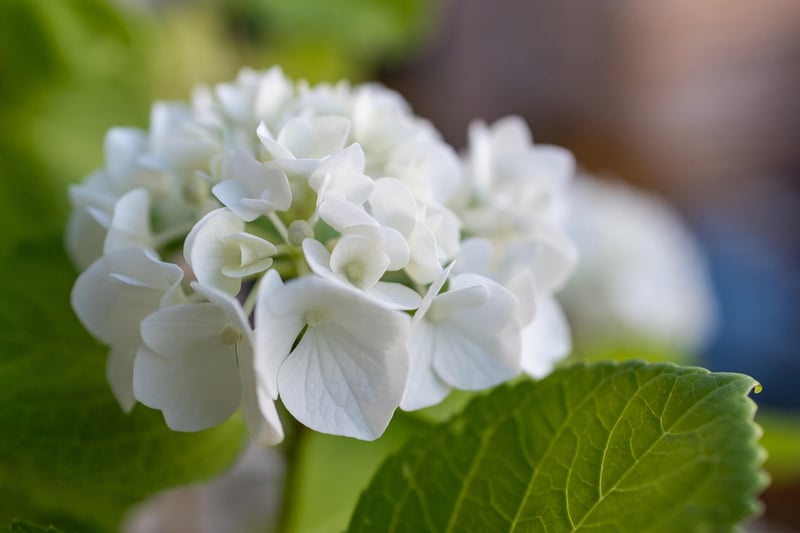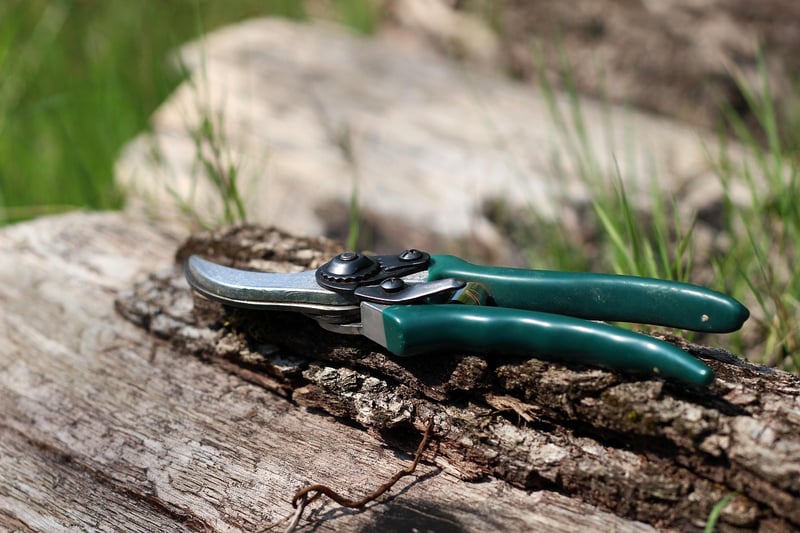Pruning Guide
Keep Your Garden Healthy with Proper Pruning

Pruning is an essential practice for maintaining a healthy and thriving garden. By trimming away dead or overgrown branches, you can promote new growth, improve air circulation, and enhance the overall appearance of your plants. Here's a comprehensive guide to help you master the art of pruning:
1. Understand Your Plants
Before you start pruning, it's crucial to understand the specific needs of each plant in your garden. Different plants require different pruning techniques, so take the time to research the best approach for each species.
2. Invest in Quality Tools
Using sharp and clean pruning tools is essential to prevent damage to your plants. Invest in high-quality pruning shears, loppers, and saws to make your pruning tasks more efficient and effective.
3. Timing is Key
Prune your plants at the right time of year to ensure optimal results. Generally, it's best to prune flowering shrubs right after they bloom, while winter is a good time to prune deciduous trees.
4. Remove Dead or Diseased Branches
Start by cutting away any dead, damaged, or diseased branches. This will not only improve the health of your plants but also prevent the spread of diseases.
5. Maintain Shape and Size
Use pruning to maintain the desired shape and size of your plants. Trim back overgrown branches to promote a more compact and aesthetically pleasing appearance.
6. Don't Overprune
Avoid overpruning, as this can weaken the plant and make it more susceptible to pests and diseases. Stick to removing only what is necessary to keep the plant healthy.
7. Practice Regularly
Make pruning a regular part of your gardening routine to keep your plants in top condition. By staying on top of pruning tasks, you can prevent problems before they arise.
By following these pruning guidelines, you can ensure that your garden remains healthy, vibrant, and visually appealing throughout the year. Happy pruning!

For more tips and tricks on gardening, check out our gardening.com website.
